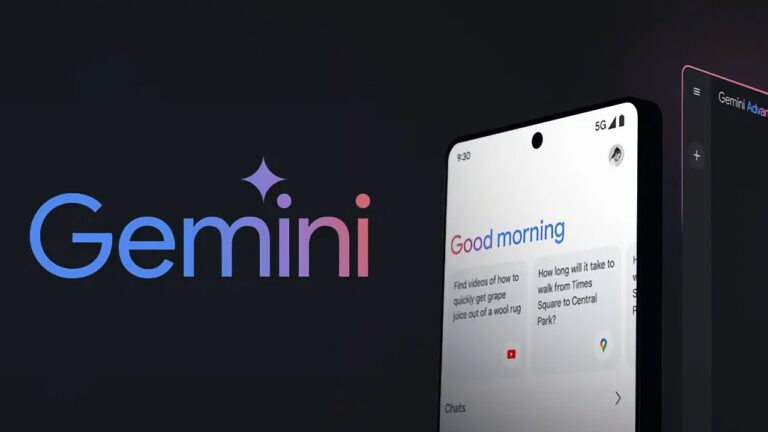
Audience
- Sentiment: Mixed
- Political Group: Democratic
- Age Group: 25-45
- Gender: Both genders
Overview
- A federal judge has temporarily blocked Elon Musk’s efficiency team from accessing the Treasury Department payment system.
- Concerns have been raised regarding data security and the risks associated with allowing Musk’s team access to sensitive financial information.
- The White House supports Musk’s reforms but fears that public safety and privacy could be compromised.
The Legal Battle Over Government Efficiency: What’s at Stake?
In recent news, a federal judge made a significant ruling about Elon Musk and his government efficiency team. This ruling puts a temporary block on their access to a crucial Treasury Department payment system. You might be wondering what this means, why it’s important, and how it affects everyday people like you and me. Let’s break this down.
Who is Elon Musk, and Why is He Involved?
Elon Musk is a name most people recognize. He’s the CEO of companies like Tesla and SpaceX, and he’s known for his groundbreaking ideas and somewhat controversial decisions. Recently, he launched a government efficiency initiative aimed at improving how the federal government operates, making it faster and less costly. His team consists of various experts and seasoned professionals who want to make systems work better.
However, this initiative has faced fierce criticism and legal action. In other words, Musk isn’t just trying to help the government run smoother; he’s also stirring up a hornet’s nest of opinions and worries!
The Treasury Department Payment System
Now, let’s talk about the Treasury Department payment system that is at the center of this legal clash. This system isn’t just some random piece of tech; it plays a crucial role in distributing essential payments to millions of Americans. This includes tax returns, Social Security benefits, and other vital payments that help citizens meet their daily needs.
When you think about it, not having access to these payments can be a life-changer for many families. For instance, imagine waiting for your tax refund or Social Security check and hearing that there’s a problem or a delay. For a lot of folks, those delays could mean being unable to pay for groceries, rent, or even medical bills.
The Legal Block and Its Implications
The temporary block imposed by the federal judge is significant. It was triggered by lawsuits from New York Attorney General Letitia James and others who raised concerns about the risks associated with Musk’s efficiency team accessing this payment system. They argued that allowing Musk’s team to access sensitive information could put that data at risk. Vulnerability to hacking is a big deal, especially when it involves sensitive information about people’s finances.
Think about everything you have stored in your smartphone or computer: pictures, messages, passwords, and even financial information. Now, imagine that someone could easily access that data. It’s both scary and frustrating! The concerns raised suggest that the payment system could be an easy target for cybercriminals if proper protections aren’t in place.
When the judge decided to intervene, he essentially prioritized public safety over Musk’s efficiency ambitions. But this also raised another interesting point: Is the government doing enough to modernize its systems in a secure way?
The Response from the White House
The White House has not taken this ruling lightly. Officials there referred to the judge’s order as “judicial overreach.” This term means that they believe the judge has overstepped their bounds in making this decision. The White House supports Musk’s reforms and believes that his team can help improve the government’s efficiency without risking sensitive information.
This is the kind of tension that is not easily resolved. On one side, you have a successful entrepreneur pushing for modernization, and on the other side, you have government officials who need to ensure public safety and privacy. It raises the question of how we balance innovation with protection; is it worth the risk to modernize quickly, or should the government play it safe?
The Bigger Picture: Efficiency Versus Security
This lawsuit highlights a broader issue — the struggle between wanting efficient systems and maintaining security. You might think, “Why can’t we just fix both problems at once?” Unfortunately, things are rarely that straightforward. For years, government systems have been criticized for being outdated, slow, and inefficient. Many citizens find themselves frustrated when interacting with various government services.
Imagine applying for a student loan or seeking assistance for college. If the system is slow and cumbersome, it not only wastes your time but can also have serious implications for your future. A loan that should take weeks to process may drag on for months, preventing students from attending school on time.
However, as we push for more efficiency, the concern for security increases. Cybersecurity attacks are not just something from action movies; they happen every day. Hackers are constantly working on new ways to access personal and sensitive information, and if the systems aren’t secure, it can have disastrous effects on people’s lives.
What Does This Mean for Us?
So, what does all this mean for the average American citizen? Well, for starters, it means that there could be a delay in critical payments like your tax returns or Social Security benefits due to this legal battle. We have to keep in mind that while Musk’s initiative aims to streamline these processes, the legal challenges may slow everything down.
Moreover, the case brings up important questions about how we can make our government better without compromising safety. It might feel as though we’re caught in a tug-of-war between innovation and protection, and it raises critical thinking about our priorities as a society. Do we favor speed over safety, or is careful planning the better approach?
What Lies Ahead?
A hearing on the matter is scheduled for February 14, and many are eagerly waiting to see what the next steps will be. Will Musk’s team get the access they want? Will the concerns about hacking and data leaks be addressed? Or will this lead to more prolonged legal battles?
These questions remind us that legal systems can be unpredictable, affecting millions of lives in the process. As you read through this, consider the implications of both sides and think critically about which side you might lean toward. Do you believe innovation is worth the risk, or is a safer, slower approach the best option for society?
Join the Conversation!
With everything happening, we want to hear your thoughts! Do you think Elon Musk’s government efficiency team should be allowed access to the payment system? What are your concerns about data security in this digital age? Share your opinions in the comments below! Your voice matters, and it’s important to keep the conversation going on these critical issues that affect us all.






